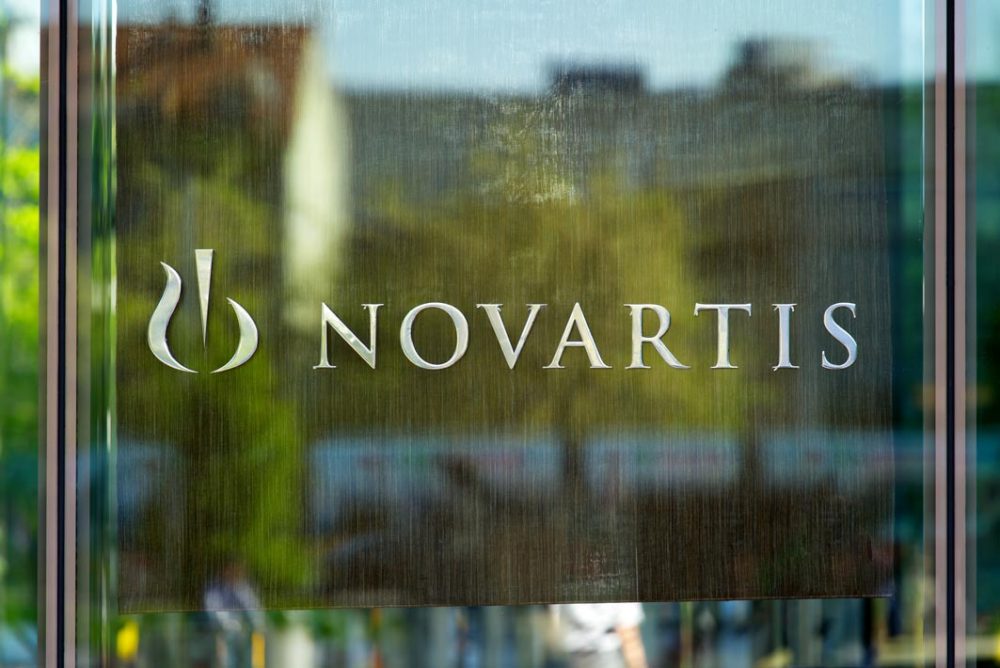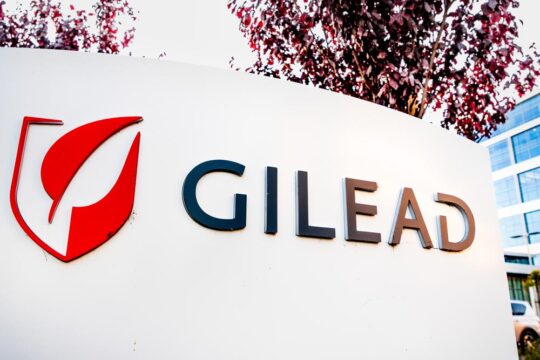Advertisment
New data shows early addition of twice-yearly Leqvio (inclisiran) following maximally tolerated statin therapy significantly reduces LDL-C in ASCVD patients in real-world setting – Novartis

Novartis announced new data demonstrating the early addition of twice-yearly Leqvio (inclisiran) to maximally tolerated statin therapy, prior to guideline-recommended ezetimibe, in a real-world setting significantly reduced low-density lipoprotein cholesterol (LDL-C) in patients with atherosclerotic cardiovascular disease (ASCVD), including those with a history of an ASCVD-related event, who could not reach their goal on statin therapy alone . The late-breaking data were presented at the 2024 American College of Cardiology’s Annual Scientific Session & Expo and simultaneously published in the Journal of the American College of Cardiology.
“V-INITIATE evaluated a solution to the important challenge seen in clinical practice of too many patients with ASCVD not achieving guideline-recommended LDL-C goal on statins alone and effective non-statin therapies being markedly underutilized,” said Michael Koren, M.D., Medical Director and CEO of Jacksonville Center for Clinical Research, and the primary investigator of the study. “Given the urgent need to more aggressively manage LDL-C, the results from V-INITIATE show that when added earlier in the treatment continuum, the structured use of effective non-statin therapies like Leqvio can significantly reduce LDL-C for ASCVD patients who are struggling to reach or maintain their LDL-C goal.”
In the V-INITIATE study , patients receiving Leqvio experienced significant reductions in LDL-C compared to those receiving usual care (60% vs. 7%, respectively; p<0.001), which consisted mostly of statin therapy alone (73%). Four in five patients receiving Leqvio achieved the guideline-recommended LDL-C goal of less than 70 mg/dL compared to just one in five patients receiving usual care (81.8% vs. 22.2%, respectively; p<0.001). Notably, patients receiving health care provider (HCP)-administered Leqvio maintained adherence to existing lipid-lowering therapy, and the discontinuation rate of background statin therapy did not differ between the Leqvio and usual care arms (5.8% vs. 16.7%, respectively)
The safety results from V-INITIATE were consistent with findings from the pivotal Phase III clinical trial program and long-term open-label extension trials, ORION-3 and ORION-8, which demonstrated sustained safety for up to six years of treatment.
“The data from V-INITIATE illustrate that earlier initiation of innovative non-statin therapies, like Leqvio, presents a real opportunity to do better for ASCVD patients and improve the way we approach LDL-C lowering,” said David Soergel, M.D., Global Head of Cardiovascular, Renal and Metabolic Drug Development at Novartis. “This study adds data from a real-world setting to the growing body of evidence for Leqvio being generated through our robust VictORION program, and further reinforces the clinical value of this twice-yearly HCP-administered therapy.”
V-INITIATE is a 12-month Phase IIIb open-label study evaluating the effectiveness of adding Leqvio earlier, following a patient’s failure to reach LDL-C goal on maximally tolerated statin therapy, compared to usual care, in a setting that reflects U.S. clinical practice. It was designed to more accurately represent the diversity of the U.S. general population across age, sex, race, ethnicity, insurance status, income level, education, prior medical history and statin intolerance. Unlike placebo arms in typical double-blind trials, the usual care arm reflected U.S. clinical practice by allowing treating physicians to make changes to lipid-lowering treatment based on LDL-C measurements. Usual care was defined as clinician determined based on the 2018 American College of Cardiology/American Heart Association guideline recommendations.
See- “An Inclisiran First Strategy vs Usual Care in Patients with Atherosclerosis” ; Michael J. Koren, Fatima Rodriguez, Cara East, Peter P. Toth, Veena Watwe, Cheryl A. Abbas, Samiha Sarwat, Kelly Kleeman, Biswajit Kumar, Yousuf Ali, and Naseem Jaffrani J Am Coll Cardiol. Apr 06, 2024. Epublished DOI: 10.1016/j.jacc.2024.03.382.





